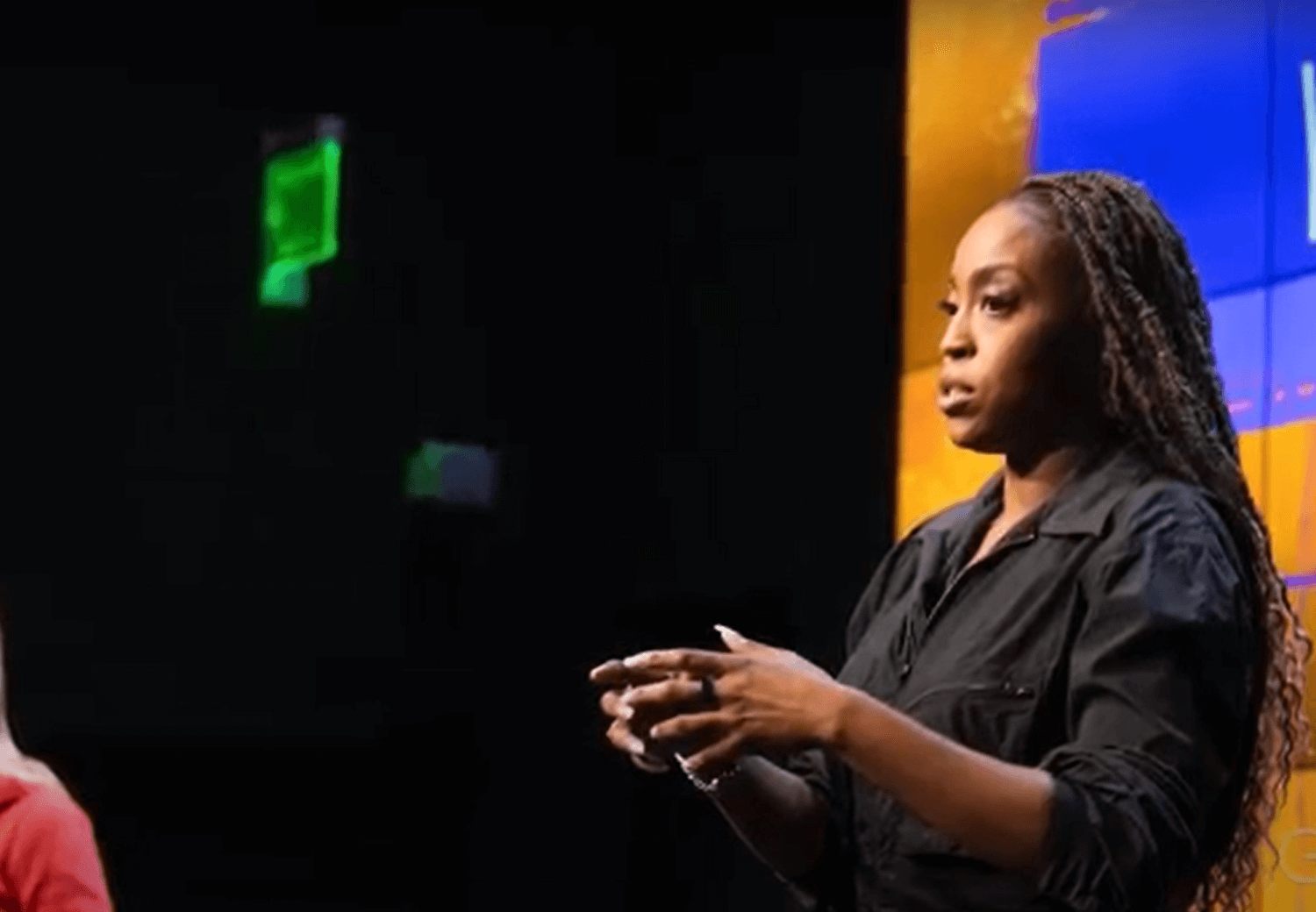It depends. It depends on the person. It depends on the rapport. It depends on what they’re coming to you for. Another thing that I learned in the military is that… one of my commanders told me, I went to her and she said, “Trier, I can’t be your everything. You need to find more people to go and talk to.” She was like, “I am a commander. I am a wife. I am a mother. I got a lot going on. I can’t be your everything.” And so what she said – Colonel Benishek – she said, “You need to go out and you need to have three types of mentors.”
She said, “The first is a technical mentor. That is someone that is technically sound in your job. And there’s always a technical aspect to all of our roles. So, someone that can help you become as proficient and become an expert in that technical area.” And I still have that. I have all types of subject matter experts when it comes to inclusion, diversity, and LGBTQI space, disability, I can’t know it all—and so those experts. The second type of mentor is someone that is where you want to be, because success leaves clues. You don’t have to reinvent the wheel.
So, if you want to be a CEO one day, go find someone who is a CEO, what did they do? Work backward, you don’t have to do it the same way, but there’s a lot to learn there. You got a promotion to the next role, who’s the person that’s sitting in there? So, people who are where you want to be because again, success leaves clues. And so let’s pick up on those clues.
And then the third one is you need to have mentors that share your intersections. For me, I have mentors that are women. I have mentors that are Black. I have mentors that are Black women. I have mentors that are vets, I have mentors that have gone from Wall Street to tech. I have mentors you know that whatever my identities and my intersections are to find them. Because when we do deal with those situations, we need someone to talk to. If I go and talk to a mentor who identifies as a man, and I say, “Well, I think that they weren’t listening. My client wasn’t listening in that meeting, because I’m a woman.”
If he goes, “No, Trier, maybe your information or your data was just off,” I’m going to look at him and say, you don’t get it. If I come to you and I say, it really just feels like they weren’t listening to me because I’m a woman. You will be like, “Trier, no it has nothing to do because you’re a woman. Because look at the presentation, it was done poorly, or you missed this data or this or you go yes, it was because you’re a woman.” And let me tell you how I’ve navigated that, it has just been so helpful when I have dealt with situations where I need the perspective of someone who sits at that intersection as I do.




